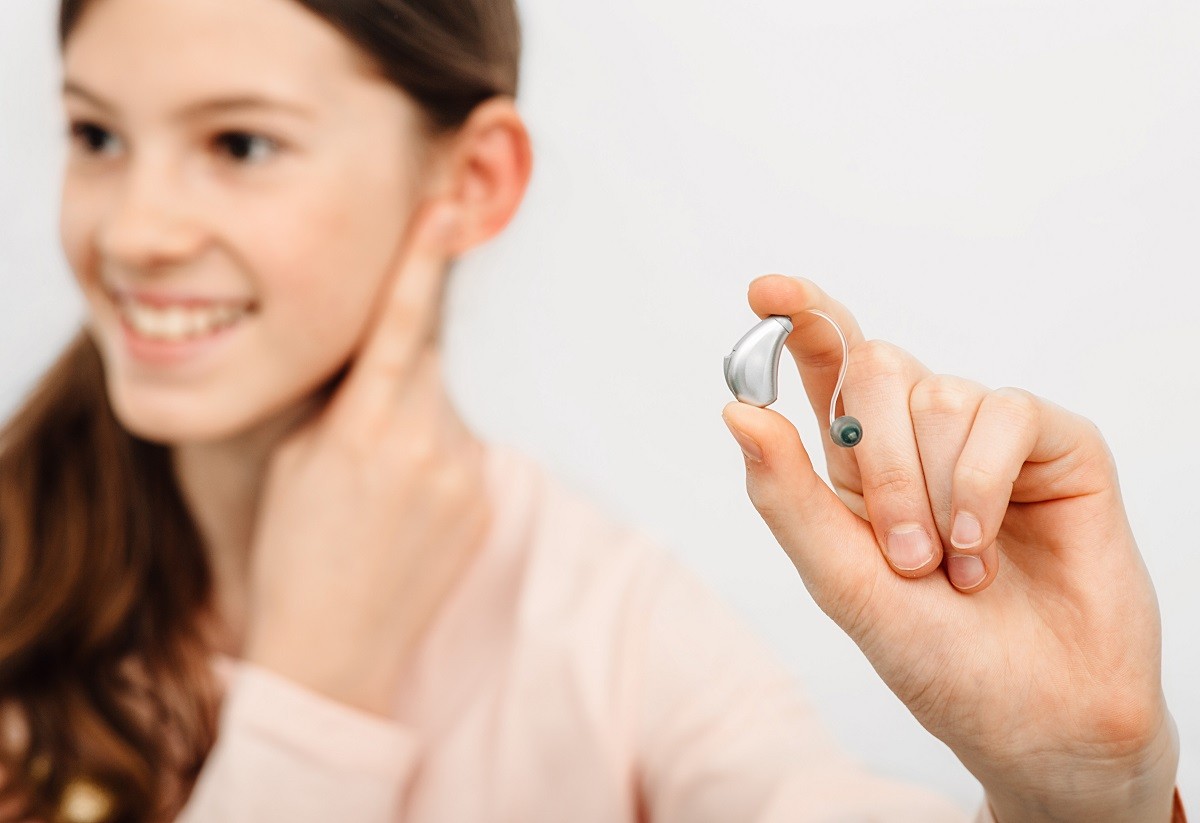
This November, Test your Hearing in Honor of American Diabetes Month
From vision issues and kidney problems to hearing loss, the complications of diabetes can be wide ranging. Understanding the steps to take for prevention as well as management of diabetes can help to protect from most of these complications.
What is Diabetes?
Diabetes is a chronic condition that occurs when the pancreas fails to produce any or not enough insulin to manage the blood sugar levels in the body. There are three types of diabetes.
- Type 1 diabetes is often but not always found in children, teens, and young adults. In the case of type 1 diabetes, the pancreas fails to produce any or very little insulin.
- Type 2 diabetes is the most common type of diabetes. Per the CDC, 90-95% of all diabetes cases are type 2. It typically is developed later in life, although can also occur at any age. Unlike type 1 where the pancreas doesn’t work well, in type 2 diabetes the cells become resistant to the insulin produced. This insulin resistance causes the pancreas to overproduce insulin and eventually won’t be able to keep up with the amount of insulin needed.
- Gestational diabetes is the third type of diabetes. As the name suggests, it occurs during pregnancy. While gestational diabetes often resolved after birth, approximately 50% of women with gestational diabetes will develop type 2 diabetes later in life.
How is Diabetes Linked to Hearing Loss?
Regardless of the type of diabetes, the long term impacts of blood sugars that are too high or too low can lead to various other health complications. Hyperglycemia, high blood sugar, and hypoglycemia, low blood sugar, both impact the vessels and nerves of the body. Because the process of hearing requires both small blood vessels and the auditory nerve, they can be effected as well.
Hearing loss that occurs in the inner ear, where the blood vessels are located, is called sensorineural hearing loss. Sensorineural hearing loss is often permanent and can range from mild to profound.
Prevention of Hearing Loss in those with Diabetes
For those with diabetes, the prevention of further complications is paramount. This can be accomplished by making certain lifestyle choices as well as by managing the disease to prevent the development of other issues further down the line.
- Eat healthy- When diagnosed with diabetes, the care and management can seem overwhelming. Speak to your provider or a dietician to better understand your body’s nutritional needs. They will have tips and tricks for meal planning, grocery shopping, and carbohydrate counting that can become second nature when used regularly.
- Increase activity- The benefits of exercising and increased activity include everything from mental to physical well-being. For those with diabetes, exercise actually makes the body more sensitive to insulin. For type 2 diabetes, this means the body is able to regulate its blood sugars better on its own without additional insulin.
- Monitor blood sugars closely- Because our body’s work around the clock, it is vital to closely monitor your blood sugar levels at all times. This is especially true when you are feeling unwell or sick. When sick, your appetite and diet tends to change, greatly impacting your blood sugar levels.
Treatment of Hearing Loss
If you have diabetes and have started to notice any signs or symptoms of hearing loss, you should make an appointment with an audiologist or hearing health provider. Hearing loss is primarily treated with hearing aids or in the case of profound hearing loss, cochlear implants.
Hearing aids are small pieces of technology that sit in or behind the ear. They amplify the specific frequencies each individual needs in order to better hear and understand their surroundings. For this reason, a hearing test, or audiogram, is used to determine exactly which frequencies need to be amplified and to what degree. Hearing loss can be different in each ear.
Cochlear implants are used to treat profound and sometimes even severe hearing loss. They work differently than hearing aids and consist of a small surgically implanted device and external device that sit behind the ear. These devices stimulate the auditory nerve and create noises that a person can interpret into sounds they recognize.
If you have diabetes, it is a good idea to schedule a hearing test with an audiologist in order to have a baseline for your hearing.
